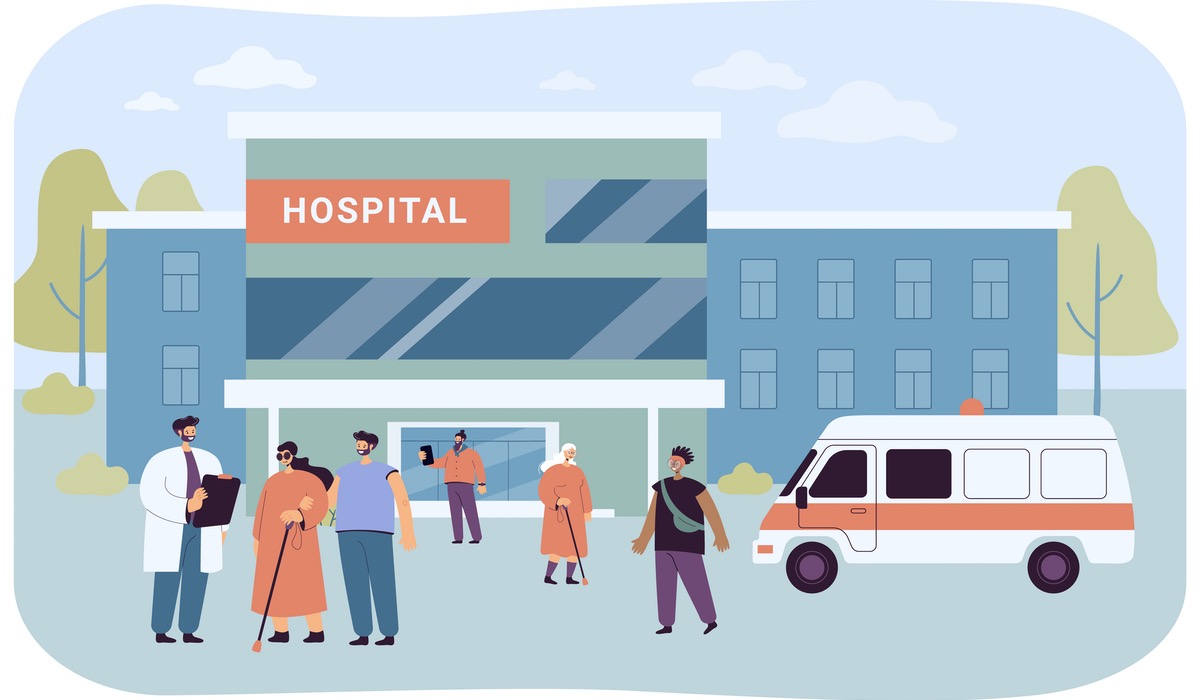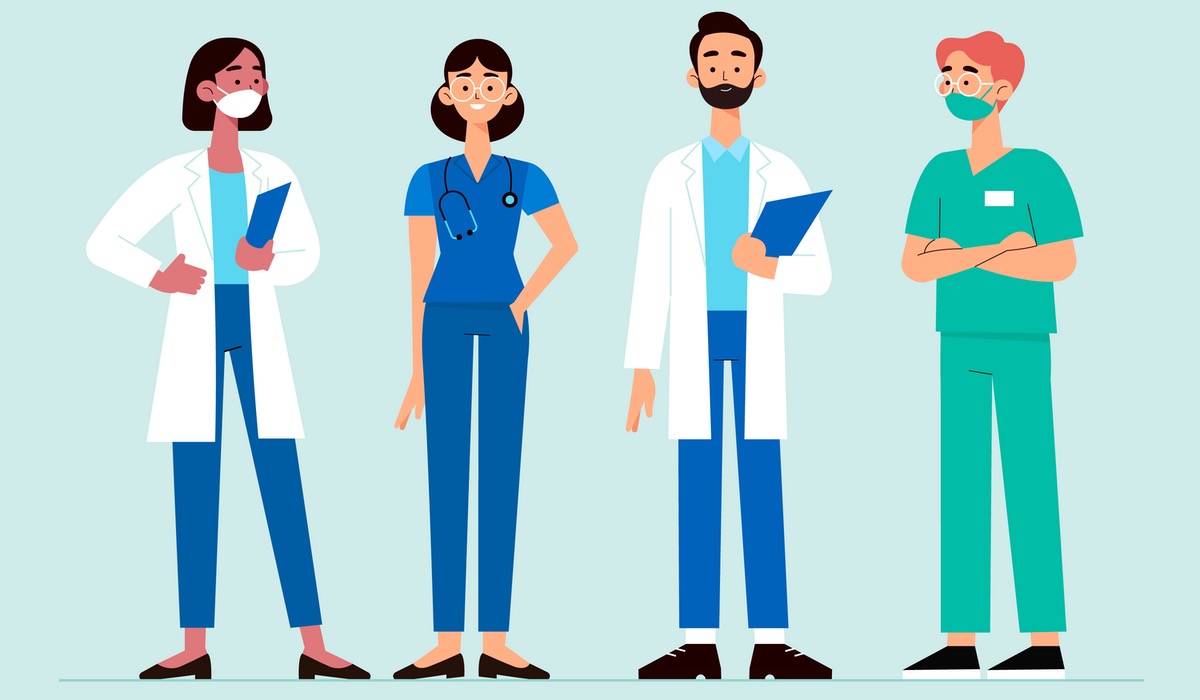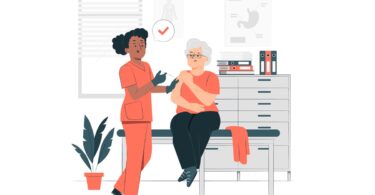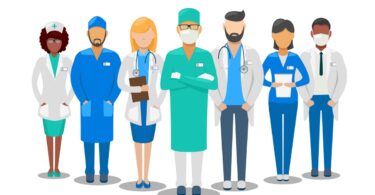Are you considering practicing medicine in a major city area? If so, you might be wondering what the benefits and drawbacks of are working in a bustling urban environment. In this article, we will explore some of the pros and cons of practicing medicine in a major metro area based on the experiences and insights of physicians who have made this choice.
Table of Contents
Pros of Practicing Medicine in a Major City Area
1. Access to Cutting-Edge Technology and Research
Major cities often have prestigious academic institutions, hospitals, and research centers that offer the latest medical innovations and discoveries. You can benefit from working with top experts, learning new skills, and participating in groundbreaking studies.
2. High-Quality Referral Centers
One of the advantages of practicing medicine in a major city area is the access to high-quality referral centers. These prestigious medical institutions attract patients from around the world, allowing you to collaborate with leading experts, access cutting-edge technology, and become a part of groundbreaking medical advancements. You can also refer your patients to terrific subspecialists who can provide them with the best care possible.
3. Diversity of Patients and Cases
Practicing medicine in a major city area exposes you to many patients from different backgrounds, cultures, and lifestyles. You can also encounter rare, complex cases that challenge your diagnostic and treatment abilities.
4. Career Opportunities and Advancement
Major cities offer physicians more job openings and career options than smaller towns or rural areas. You can choose from different specialties, settings, and employers. You can also network with other professionals, attend conferences and events, and pursue further education or training.
5. Research Opportunities
Another benefit of practicing medicine in a major city area is the abundance of research opportunities. These hospitals typically have robust research departments and affiliations with academic institutions, fostering an environment conducive to scientific inquiry and innovation. You can participate in clinical trials, publish papers, apply for grants, present at conferences, and advance your career as a physician-scientist.
6. Lifestyle and Entertainment
Major cities have much to offer regarding culture, entertainment, and leisure. You can enjoy museums, theatres, restaurants, shopping, sports, and nightlife. You can also find communities and activities that match your interests and hobbies.
7. Life Outside of Work
Living and working in a major city area makes life outside medicine more exciting. Cultural events, entertainment venues, and culinary diversity are at your doorstep, offering a vibrant social life and plenty of opportunities for relaxation. Your family will also benefit from the perks, such as quality education, arts, healthcare services, proximity to airports, and a diverse community that fosters growth and acceptance.
If you find article useful, don't miss out on the valuable insights and information available in our other related posts:
8. Variety
Variety is the spice of life, and major city areas are brimming with it. The diverse patient population ensures exposure to various medical conditions and complexities. From rare diseases to challenging cases, you will constantly face new learning opportunities that will expand your professional horizons. You will also encounter different cultures, backgrounds, and perspectives that will enrich your personal and professional life.
Cons of Practicing Medicine in a Major City Area

1. High Cost of Living
One of the most notable disadvantages of practicing medicine in a major city area is the higher cost of living. Rent, transportation, and even groceries can take a bigger bite out of your paycheck compared to more rural or suburban locations. You might have to compromise on your living space, commute time, or savings goals to afford to live in a major city area.
2. Traffic and Commute
Major cities are often congested and crowded with traffic. You might have to spend much time and money commuting to and from work. Traffic congestion, public transportation delays, parking issues, and weather conditions can make getting to and from work a hassle. You might have to spend more time on the road than you would like, affecting your productivity, mood, and health.
3. Competition
Concerning finances, the increased competition in major city areas can sometimes lead to lower physician pay rates. Another drawback of practicing medicine in a major metro area is the increased competition. The job market can become saturated with medical schools, residency programs, and established professionals. However, remember that this is not a universal rule, and opportunities for growth and advancement still exist for those willing to seek them out.
4. Stress and Burnout
Practicing medicine in a major city area can be stressful and demanding. The demand for medical services can be intense, requiring you to keep up with a fast-paced workflow. You might have to cope with long hours, heavy workloads, high expectations, and fierce competition. You might also have to deal with bureaucracy, regulations, malpractice lawsuits, or insurance issues. This can lead to potential stress and burnout if you do not balance your work and personal life.
5. Lack of Personal Time and Balance
Practicing medicine in a major city area can affect your personal life and well-being. You might have less time for yourself, family, friends, or hobbies. You might also have difficulty finding a balance between your professional and personal obligations.
The Bottom Line
Practicing medicine in a major city can be an exciting and rewarding career choice for physicians seeking high-quality care, research opportunities, variety, and life outside of work. However, it also comes with challenges such as high cost of living, competition, stress and burnout, and commute. Ultimately, the decision depends on your personal preferences, goals, values, and lifestyle. We hope this article has given you some insights into the pros and cons of practicing medicine in a major city area.





